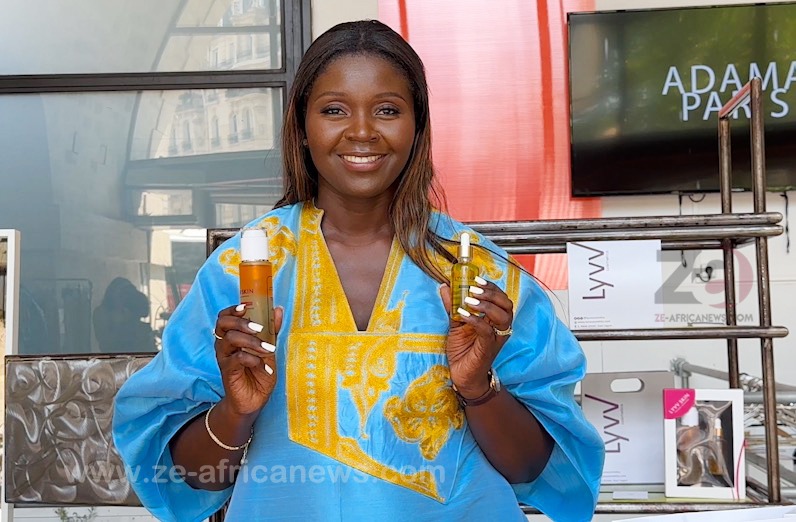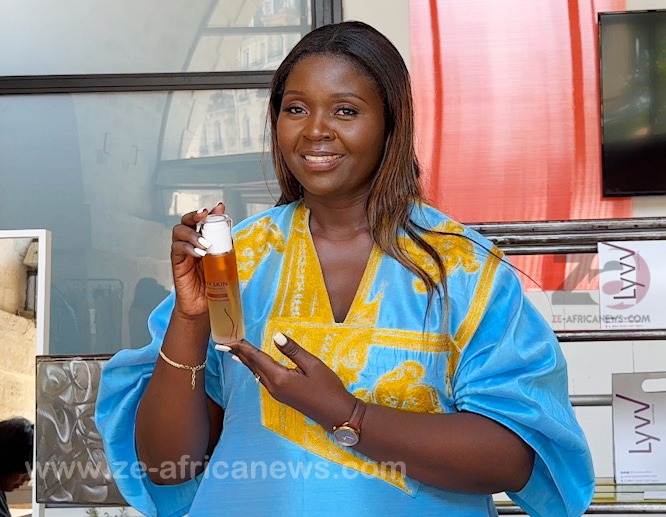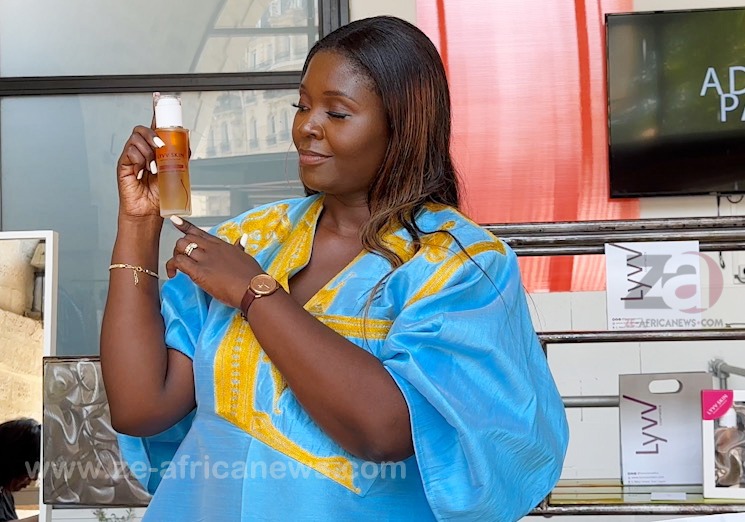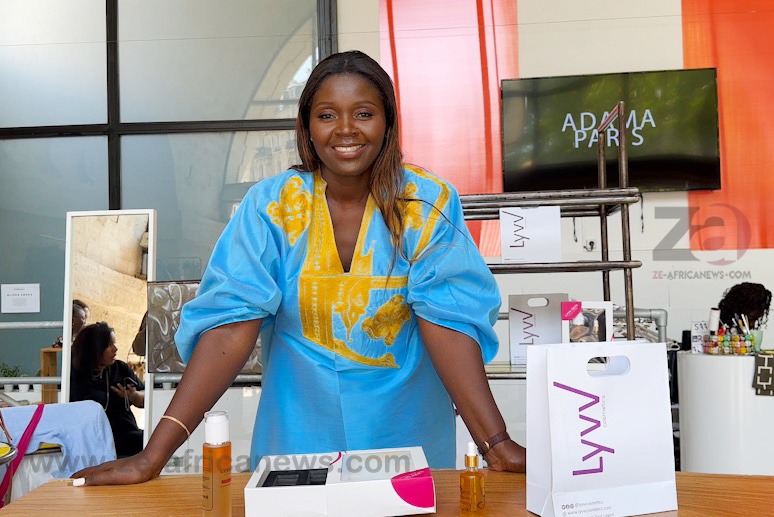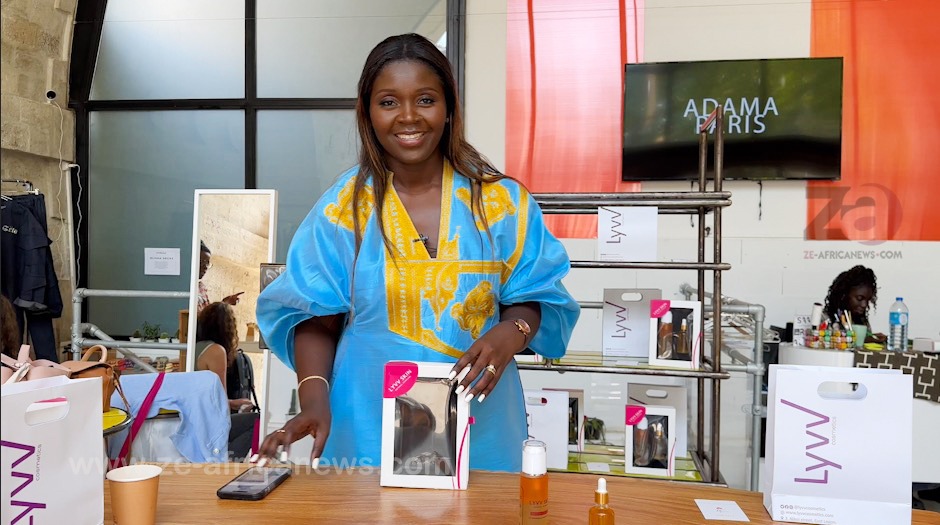Victorine Sarr is a marketing professional with 8 years of corporate experience with multinationals like Apple and Loreal. In 2015 she was selected by President Barack Obama in his Mandela Washington Fellowship flagship program of the Yali (Young African Leadership Initiative which he initiated himself. She was appointed President of the Regional Office of all Fellows of Central and West Africa for one year. Thanks to my passion for sharing and training young people, she has been mentoring TEEP entrepreneurs since 2016, a program founded by Nigerian billionaire Tony Elumelu.
She is an Afropolitan, Senegalese with an international background, and founder of Lyvv Cosmetics in 2015, a line of reds and lip inks made in Africa and Bio. She is originally from Senegal and currently lives in Accra, Ghana. Born in Dakar where she studied until her Bachelor in Management at the African Institute of Management. She made the decision to continue her graduate studies in France just and stayed there for 6 years. After obtaining her Master in Business School at ISG Paris, she was recruited by Apple and after nearly 4 years she went to L’Oréal where she did 3 years.
In late 2015, she quit her job at L’Oréal to start Lyvv Cosmetics. So, after the market studies she had to do to ensure with figures and supporting data that the market was real and viable, It had to look for suppliers to manufacture its products and tests had to be done to be sure of the quality of the products they wanted to put on the market.
In October 2015, its prototypes were ready and their first recruitment was now required. In order to build a credible reputation in a rather saturated market, she took a public relations professional and recruited professionals.
January 2016 marked the beginning of their operations with as their first customer, a beauty chain in South Africa who wanted to rely on it.
Today Lyvv is available in 6 countries: Senegal, Ghana, Ivory Coast, USA, Canada, France with worldwide delivery.
